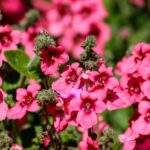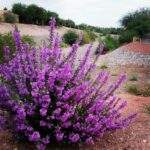Starting with 10 Herbs That Repel Pests and Improve Your Garden, the discussion dives into the world of natural pest control with a focus on herbs, offering a glimpse into a greener approach to gardening.
Exploring the benefits of utilizing herbs over chemical pesticides and the specific pests these herbs can deter, this guide aims to provide insights on maintaining a thriving garden through natural means.
Introduction to Pest-Repelling Herbs
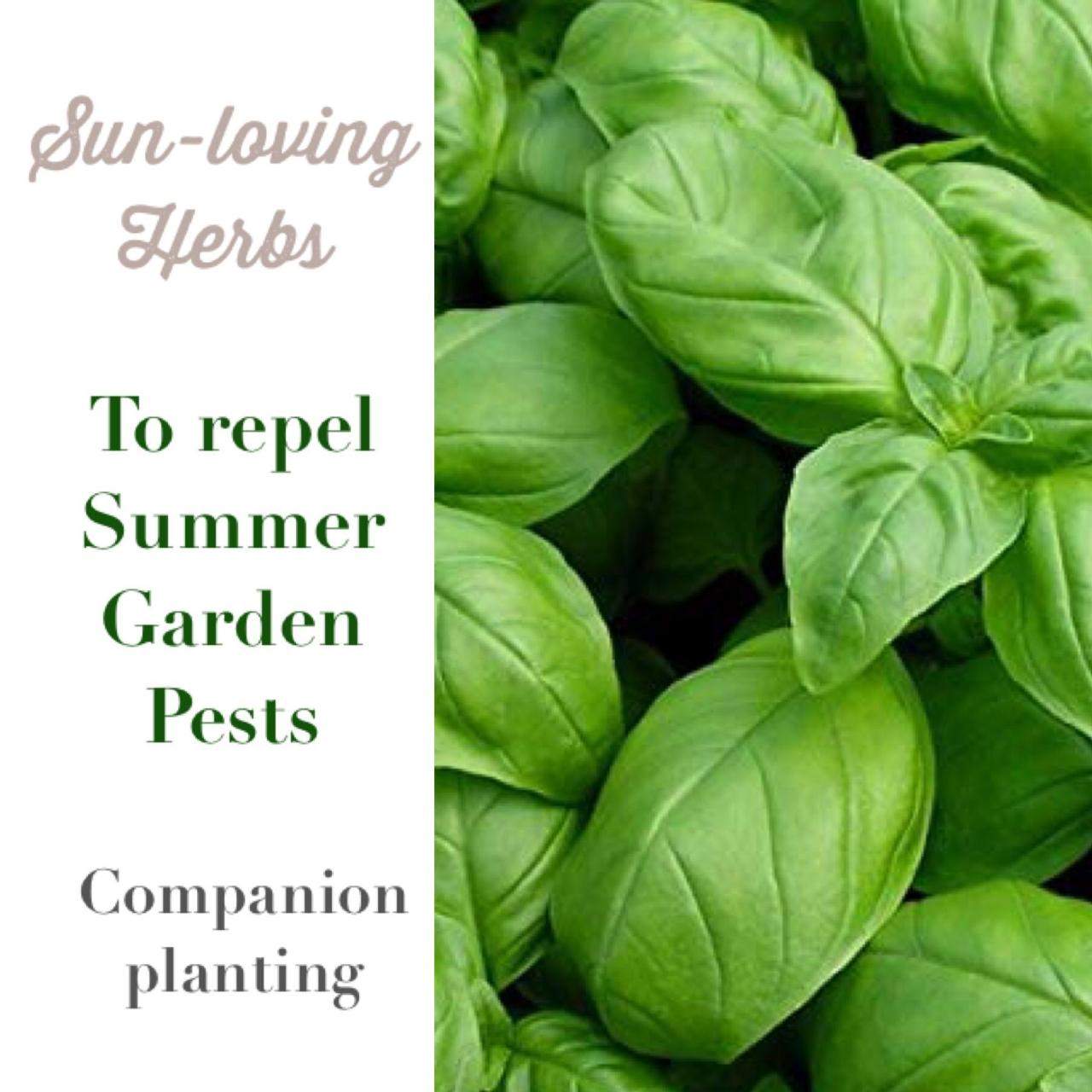
Using herbs to repel pests in the garden is a natural and effective way to keep unwanted visitors away from your plants. These herbs contain natural compounds that deter pests while also providing various benefits to your garden ecosystem. By incorporating pest-repelling herbs, you can create a healthier and more sustainable environment for your plants to thrive.Common pests that can be deterred by these herbs include aphids, ants, mosquitoes, fleas, beetles, and more.
These pests can cause damage to your plants by feeding on them, spreading diseases, or disrupting the overall balance of your garden. By planting herbs that repel these pests, you can protect your plants and promote a harmonious garden environment.Using natural methods like herbs to repel pests has several advantages over chemical pesticides. Firstly, herbs are safe for the environment, wildlife, and beneficial insects, unlike chemical pesticides that can be harmful and disrupt the ecosystem.
Additionally, herbs are cost-effective, easy to grow, and provide additional benefits such as attracting pollinators and beneficial insects to your garden. Overall, using herbs to repel pests is a sustainable and eco-friendly way to maintain a healthy garden ecosystem.
List of 10 Herbs That Repel Pests: 10 Herbs That Repel Pests And Improve Your Garden
When it comes to keeping pests away from your garden, these 10 herbs are known for their natural pest-repelling properties. By incorporating these herbs into your garden, you can create a natural barrier against unwanted insects.
1. Basil
- Basil is effective against mosquitoes and flies.
- Plant basil in pots or in between other plants to keep pests away.
2. Lavender
- Lavender repels moths, fleas, and flies.
- Grow lavender in well-drained soil and plenty of sunlight for best results.
3. Mint
- Mint is great for repelling ants, mosquitoes, and flies.
- Plant mint in containers to prevent it from spreading and taking over your garden.
4. Rosemary
- Rosemary deters mosquitoes, carrot flies, and cabbage moths.
- Grow rosemary in a sunny spot with well-drained soil for optimal growth.
5. Chives
- Chives repel aphids, carrot flies, and Japanese beetles.
- Plant chives near vegetables to protect them from pests.
6. Dill
- Dill is effective against aphids, spider mites, and squash bugs.
- Allow dill to self-seed for continuous pest protection in your garden.
7. Thyme
- Thyme repels cabbage worms, tomato hornworms, and corn earworms.
- Plant thyme in well-drained soil with plenty of sunlight for best results.
8. Oregano
- Oregano is a natural repellent for cucumber beetles, cabbage moths, and aphids.
- Grow oregano in containers or in the ground with good drainage.
9. Marigold, 10 Herbs That Repel Pests and Improve Your Garden
- Marigolds deter nematodes, aphids, and tomato hornworms.
- Plant marigolds around the perimeter of your garden for maximum pest protection.
10. Lemon Balm
- Lemon balm is effective against mosquitoes, gnats, and fleas.
- Grow lemon balm in containers to prevent it from spreading uncontrollably.
Companion Planting with Pest-Repelling Herbs
Companion planting is a gardening technique where different plants are grown together to benefit one another. When it comes to pest control, companion planting with pest-repelling herbs can help deter unwanted insects and improve the overall health of your garden.
Benefits of Companion Planting
Companion planting with pest-repelling herbs can attract beneficial insects that prey on pests, create a more diverse ecosystem in your garden, and reduce the need for chemical pesticides. By pairing pest-repelling herbs with other plants, you can create a natural barrier against pests while promoting healthy growth.
- Planting basil near tomatoes can help repel tomato hornworms and whiteflies.
- Growing marigolds alongside vegetables can deter nematodes and other soil-borne pests.
- Pairing lavender with roses can protect against aphids and other common rose pests.
Planning Your Garden Layout
When planning your garden layout using companion planting techniques, consider the growth habits and compatibility of different plants. Group plants with similar watering and sunlight needs together, and avoid overcrowding to prevent competition for resources. Rotate crops each season to minimize pest buildup in the soil and maintain a healthy balance in your garden ecosystem.
Remember to research the specific needs and interactions of each plant before arranging them in your garden to maximize the benefits of companion planting.
DIY Pest-Repellent Sprays and Solutions
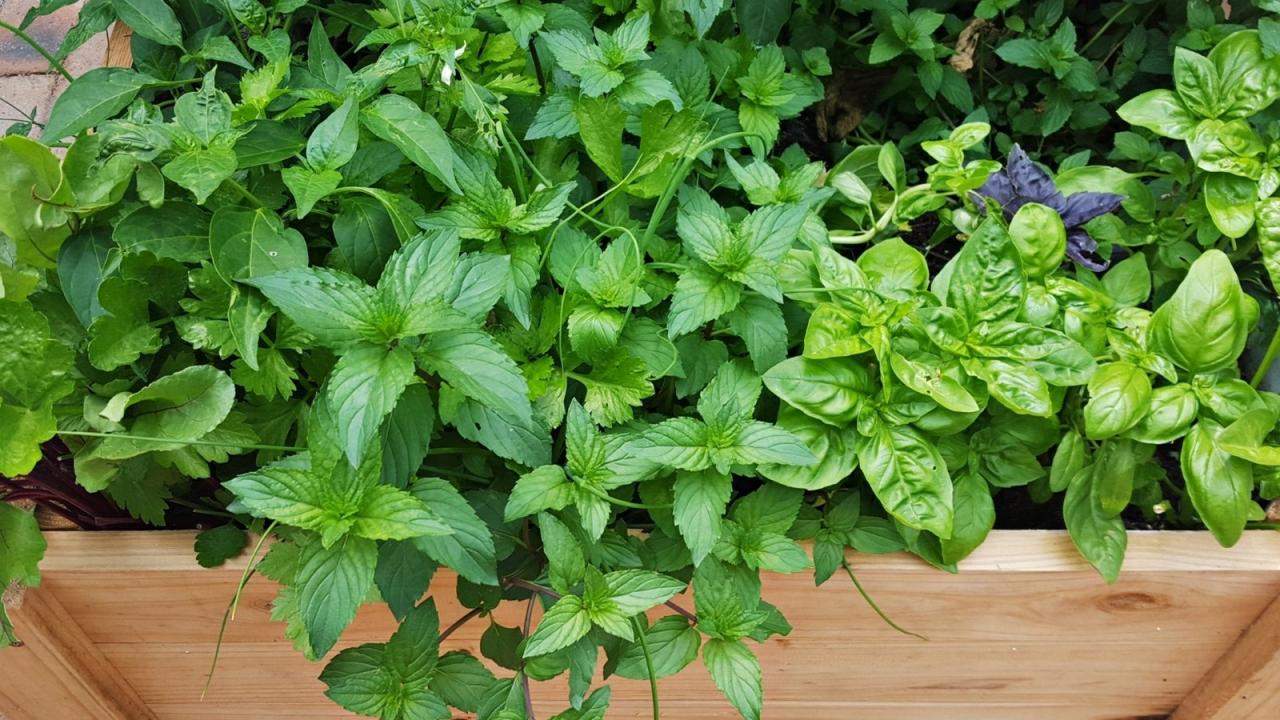
To keep your garden thriving and pest-free, consider making your own pest-repellent sprays using the power of herbs. These natural solutions are effective, safe, and eco-friendly alternatives to chemical pesticides.
DIY Pest-Repellent Spray Recipes
- Mint Spray: Create a mint spray by boiling fresh mint leaves in water for 5-10 minutes, then strain the liquid and pour it into a spray bottle once cooled. This spray is perfect for repelling ants, aphids, and beetles.
- Lavender Spray: Mix dried lavender flowers with water and a few drops of dish soap in a spray bottle. This spray is great for keeping moths, fleas, and mosquitoes at bay.
- Rosemary Spray: Boil rosemary leaves in water, let it steep, then strain and transfer to a spray bottle. This spray works well against cabbage worms, carrot flies, and slugs.
Application and Usage Tips
- Apply the homemade sprays in the early morning or late afternoon to avoid the heat of the day.
- Make sure to cover both the tops and bottoms of plant leaves when spraying for better protection.
- Reapply the sprays after rainfall or watering, as they may wash off over time.
Storing and Using Natural Sprays
- Store the homemade pest-repellent sprays in a cool, dark place to maintain their effectiveness.
- Label the spray bottles with the ingredients and date of preparation for easy identification.
- Shake the spray bottle well before each use to ensure the ingredients are properly mixed.
End of Discussion
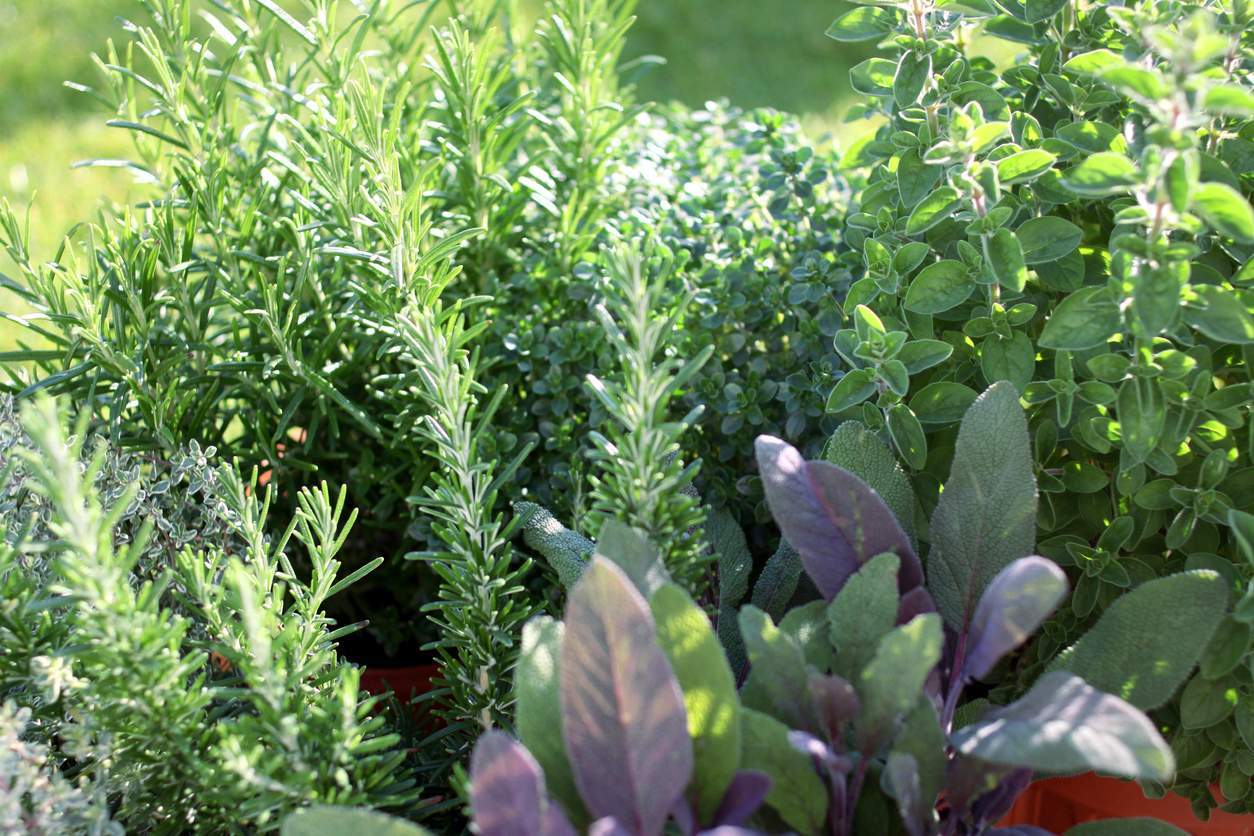
In conclusion, incorporating these 10 herbs into your garden not only wards off pests effectively but also enhances the overall health and vigor of your plants, promoting a sustainable and eco-friendly gardening experience.



